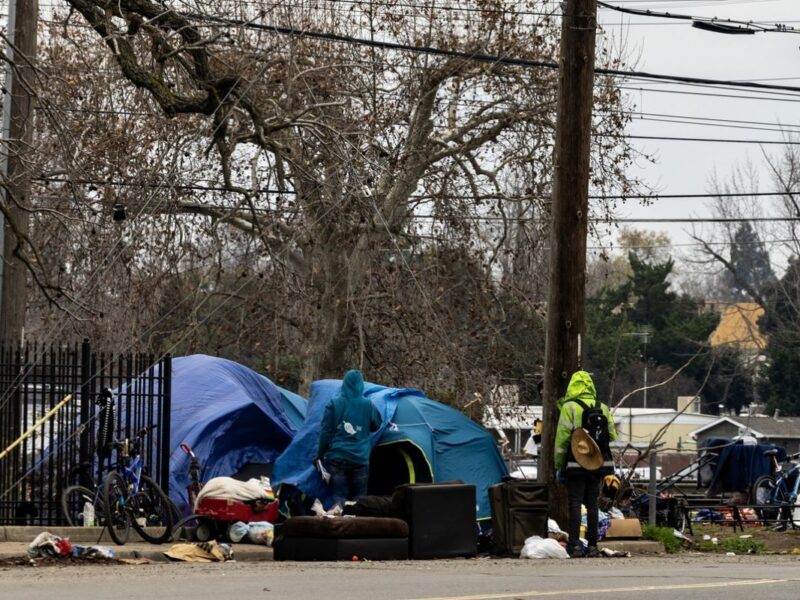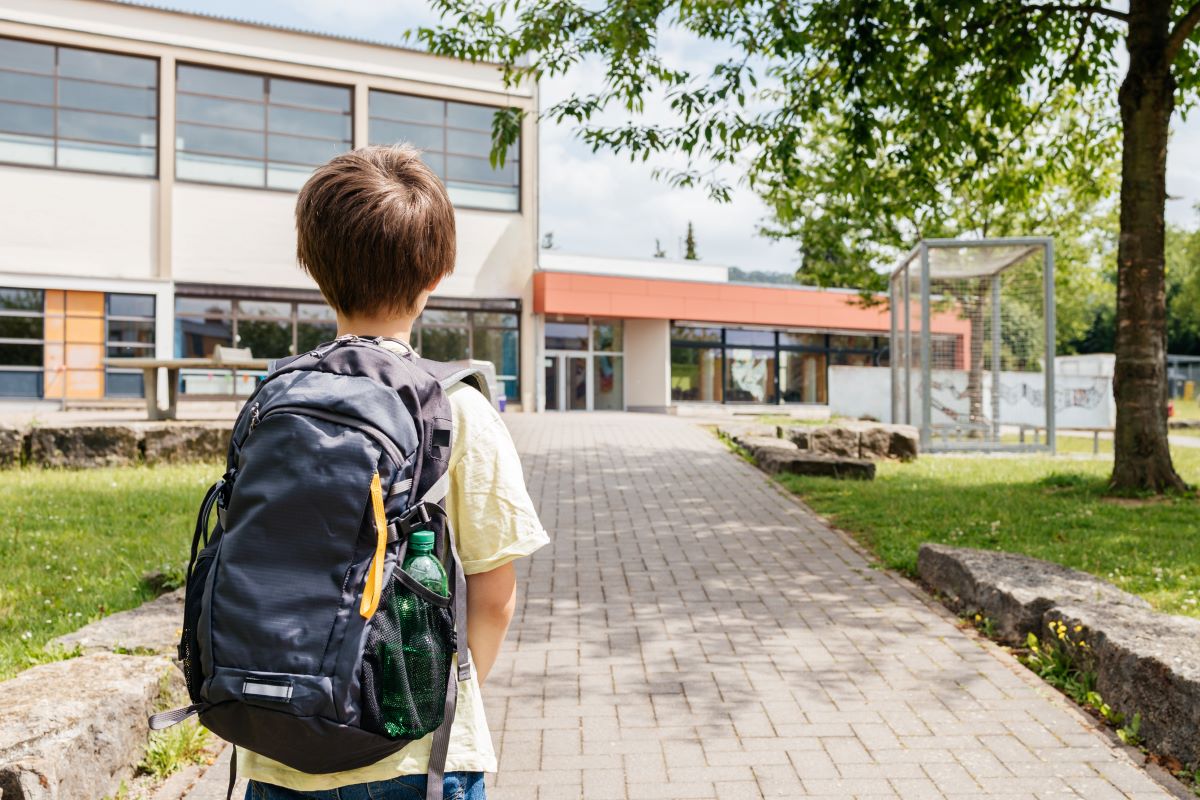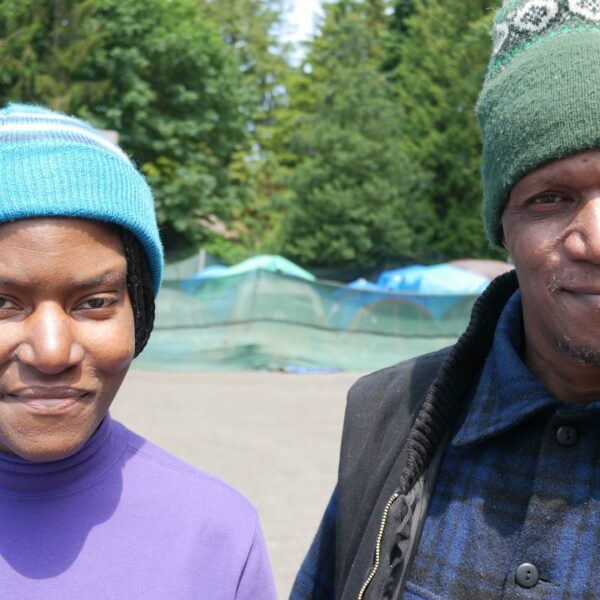A recent lawsuit alleges the North Carolina Department of Public Instruction and Gaston County School District denied two homeless students services and support after the student’s mother was evicted from her home.
The lawsuit contends that Lisa Phillips, the state coordinator for the education of homeless children at the state Department of Education, denied two homeless students the ability to continue attending school after learning of the family’s eviction. It also contends that the school district has policies in place to prevent homeless students from enrolling, which would violate the federal McKinney-Vento Act.
“The consequence of Defendant’s conduct is that homeless children are being turned away at the schoolhouse during midyear, significantly impacting their educational development and their opportunity to participate in the decision-making process regarding the provision of a free and appropriate education,” the lawsuit, which was filed on Jan. 26, reads in part.
Invisible People reached out to the North Carolina Department of Public Instruction and the Gaston County School District for comment but did not receive a reply.
According to the lawsuit, the students’ mother, who is only identified as “K.B.”, was evicted from their rental home in Gastonia after their landlord refused to fix the air conditioning units in the summer of 2023.
The family then began living in a U-Haul van in October 2023 while they searched for a new home. Some of the family’s stuff was left behind at the former rental unit, and other belongings were either kept in the van, put into storage, or put at the plaintiff’s mother’s house.
The mother notified the school district of their living situation in October 2023 as well. But school officials began taking steps to remove K.B.’s children from the Gaston County School District in November 2023 because they considered their spell of homelessness to be voluntary, according to the lawsuit.
Instead of allowing the children to maintain enrollment at their respective schools, the lawsuit says the school district unenrolled the children while their mother disputed their decision. This prevented the children from receiving services and benefits that are guaranteed under the McKinney-Vento Act and state law, the lawsuit contends.
Under the McKinney-Vento Act, students who lack regular housing or who are doubled-up with friends or extended family are guaranteed access to free school lunches, transportation to and from school, and other social services provided by the school district. The North Carolina General and Uniform System of Schools includes similar provisions as well.
“Defendants have failed to revise their policies and practices, which create a barrier to the enrollment, attendance, and success of homeless youths,” the lawsuit reads.
The lawsuit was filed at a time when the number of students experiencing homelessness has grown significantly.
According to data from the National Center for Homeless Education, there were roughly 1.2 million students experiencing homelessness during the 2021-2022 school year. That figure represents a climb of 79% since the 2004-2005 school year and a 10% increase from the 2020-2021 school year, which was the first year of the coronavirus pandemic.
The 1.2 million students experiencing homelessness also represent about 25% of all students enrolled in public education, NCHE data shows.
It was also filed at a time when nearly 40% of students experiencing homelessness attend a school that lacks dedicated funding for homeless services, according to a study by the University of Michigan’s Poverty Solutions Lab.
“The number of students experiencing homelessness in school districts that lack dedicated homeless education funding is likely even higher than what is shown in this data,” the study concluded. “This is because, as described above, under-identification of students experiencing homelessness is more likely to occur in school districts that do not receive annual funding.”
How You Can Help
The pandemic proved that we need to rethink housing in the U.S. It also proved that providing additional support and protections for vulnerable renters and households with students facing housing instability worked.
That’s why we need you to contact your officials and representatives. Tell them you support keeping many of the pandemic-related aid programs in place for future use. They have proven effective at keeping people housed, which is the first step to ending homelessness.













